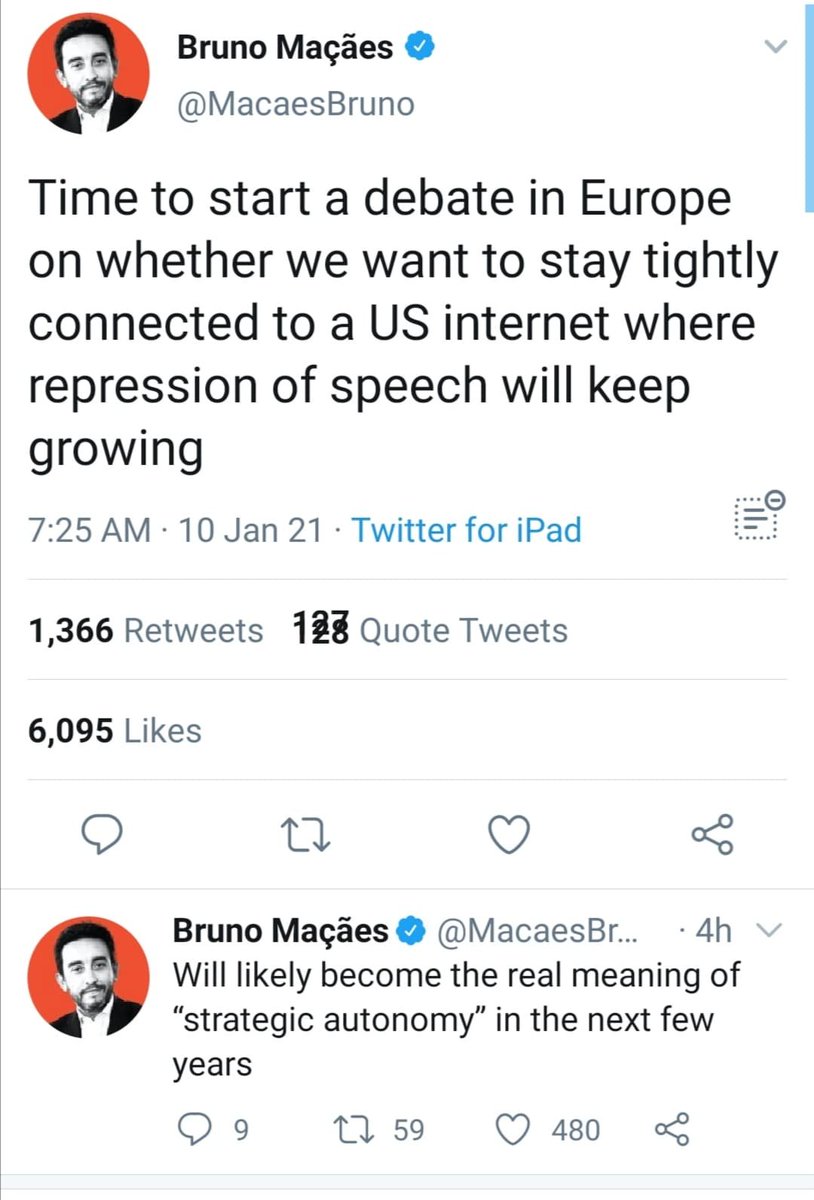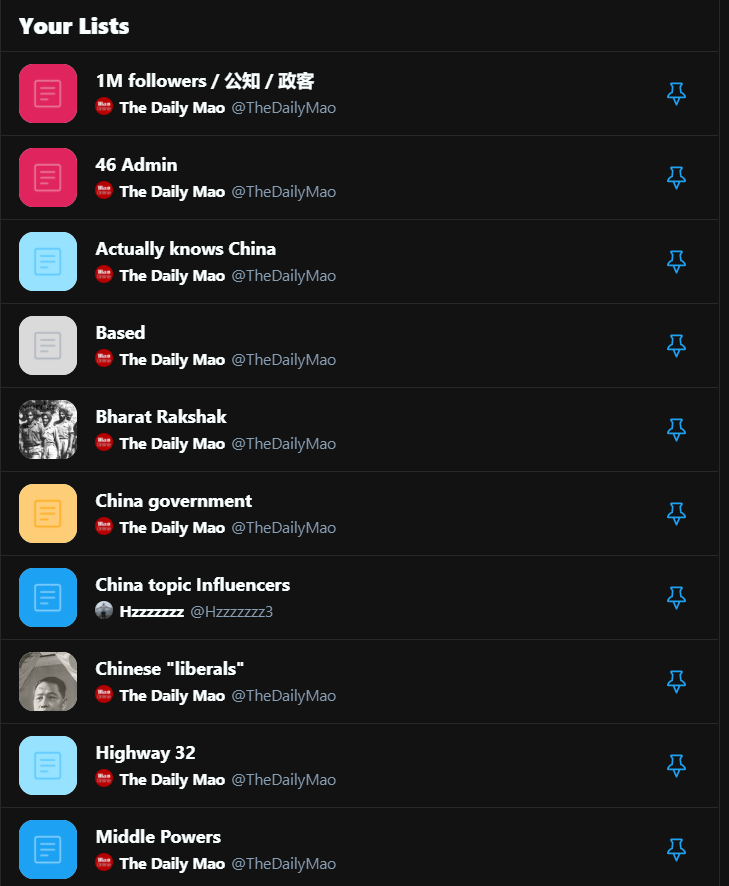
HRC kicked off the SCS mess in June of 2010. The US told China in late 2009 "let's work together to rebuild the global economy", then less than 8 months later backstabbed China on the SCS by ambushing them with Vietnam at the ASEAN Ministerial. 

https://twitter.com/qin_duke/status/1350672834402656256


I was in Beijing in late 2009. The US was literally begging China to lend money and save the world.
Then, right after the loans from China's 08-09 stimulus program finished making their way through Chinese banks/SOEs into purchases with MNCs, HRC timed her backstab at ASEAN.
Then, right after the loans from China's 08-09 stimulus program finished making their way through Chinese banks/SOEs into purchases with MNCs, HRC timed her backstab at ASEAN.
@qin_duke's thread provides useful info on the SCS, so I'll add some context here. China wasn't even briefed that the US would be bringing up UNCLOS and China's 9-dash line to the rest of the ASEAN countries during the Ministerial. It was a literal diplomatic ambush.
The level of bitterness this move created in China was substantial, but a more direct consequence is it sidelined Wen Jiabao from having more influence in foreign policy, since he had been coordinating his stimulus efforts directly with the US...
...and instead of getting anything back, China was pissed and shat upon by the US first at Copenhagen and then at the ASEAN Ministerial.
Two things popped after that: first, China grew noticeably less interested in helping the US solve local or global issues post-2010.
Two things popped after that: first, China grew noticeably less interested in helping the US solve local or global issues post-2010.
Second, and perhaps more important, Wen was the most pro-America and "liberal" senior politician in China. Here's a photo of him accompanying Zhao Ziyang to the Tiananmen Square protests when Zhao begged the students to get out before they ate a 762 round to the face. 

By 玩耍ing their most senior "partner" in China, the US showed Chinese political elites it could not be relied upon. While not the only reason, this was a major contributor to the death of engagement. And much of it has to do with HRC and her pro-Japan 徒弟 Campbell's moves. /end
• • •
Missing some Tweet in this thread? You can try to
force a refresh













